2Division of Gastroenterohepatology, Department of Internal Medicine, Istanbul University, Faculty of Medicine, İstanbul, Türkiye
Abstract
The term inflammatory bowel disease (IBD) typically refers to a group of inflammatory gastrointestinal conditions, primarily Crohn’s disease and ulcerative colitis. Colonoscopy remains the gold standard for diagnosing and managing IBD by evaluating mucosal healing. However, instead of relying solely on invasive endoscopy to confirm mucosal healing, biomarkers are frequently used to indicate inflammation in patients with IBD. In recent decades, fecal calprotectin and fecal lactoferrin have received considerable attention for the diagnosis and non-invasive management of IBD. Numerous studies have investigated fecal biomarkers for predicting the endoscopic and histologic activity of IBD, as well as the likelihood of disease recurrence. In this paper, we reviewed original articles and literature reviews on inflammatory markers in adults, published primarily between 2019 and 2024, along with select older studies. Although fecal calprotectin is the most commonly used fecal biomarker in clinical practice, several other potential fecal biomarkers have been described in the literature. After a brief introduction to these biomarkers, we aim to answer the question of which is the most sensitive biomarker of mucosal healing and whether alternatives to fecal calprotectin could be utilized.

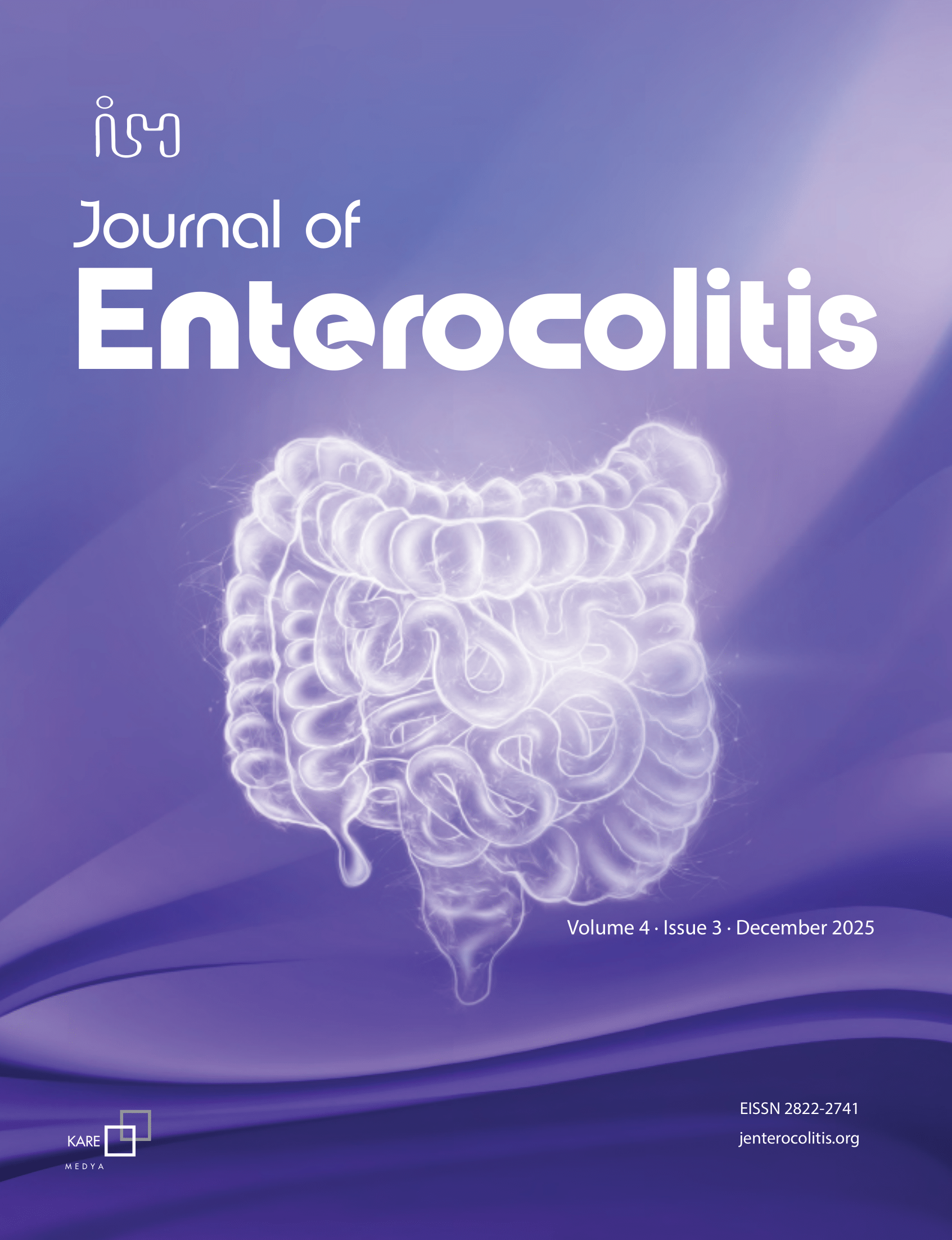
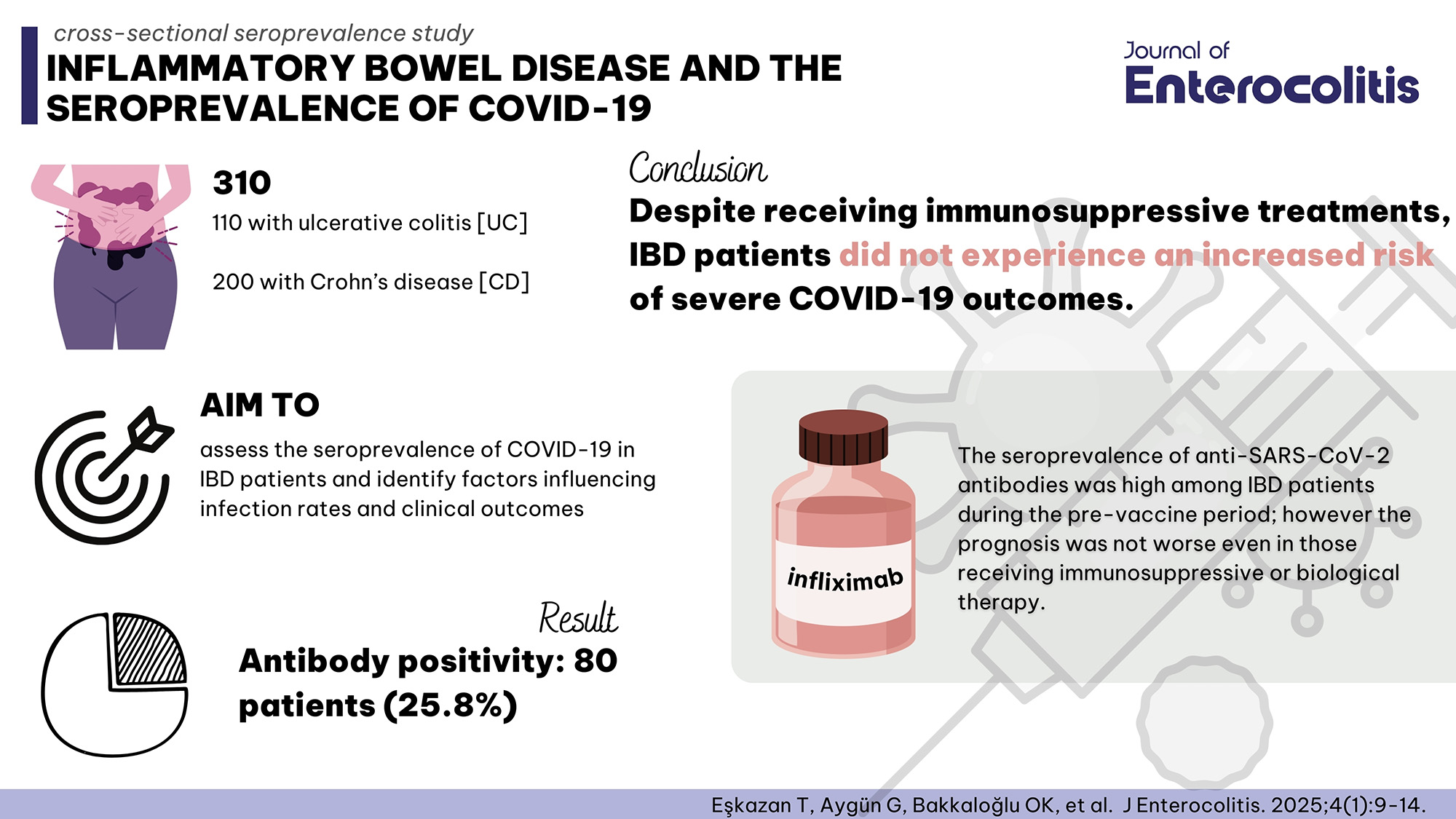
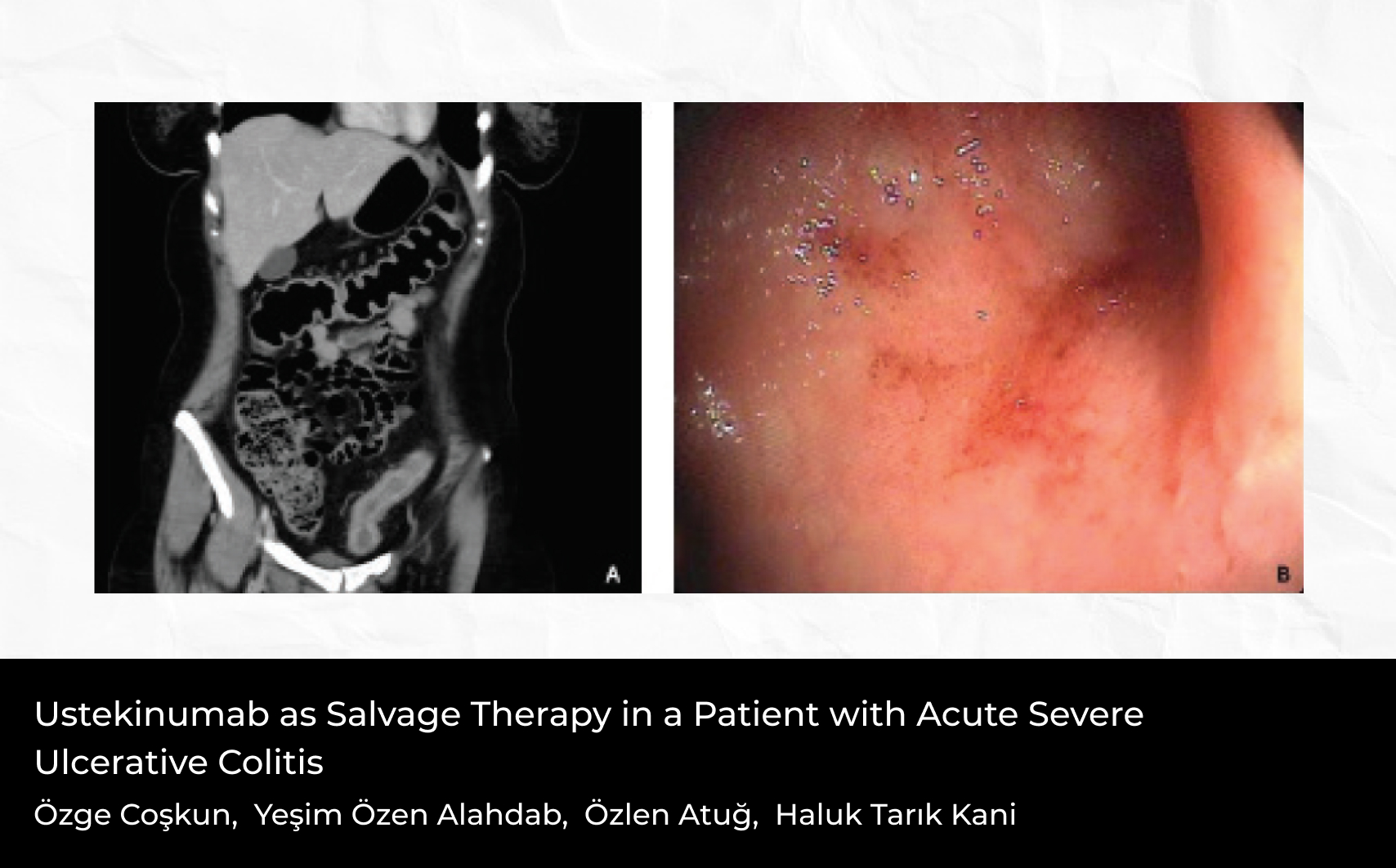
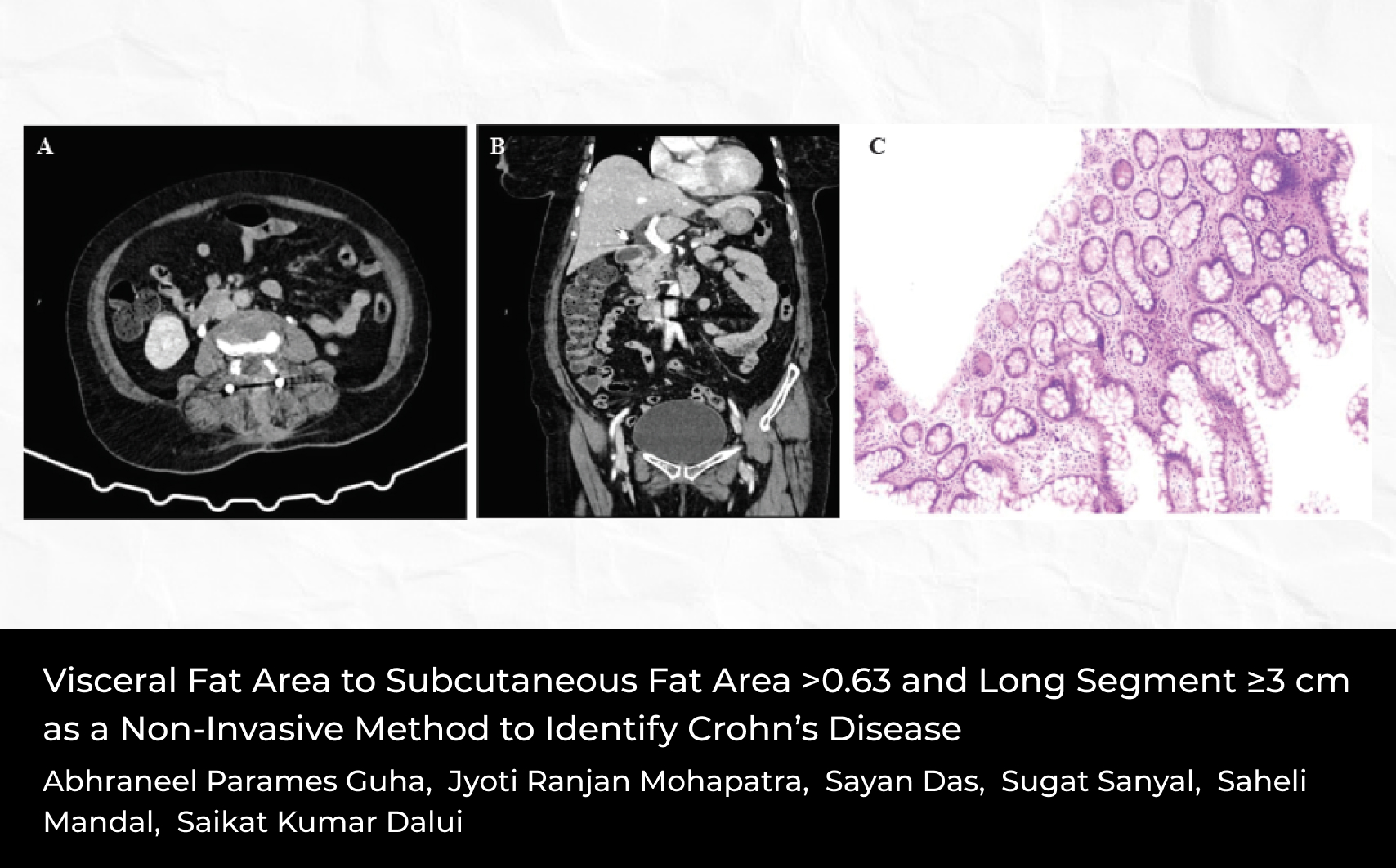
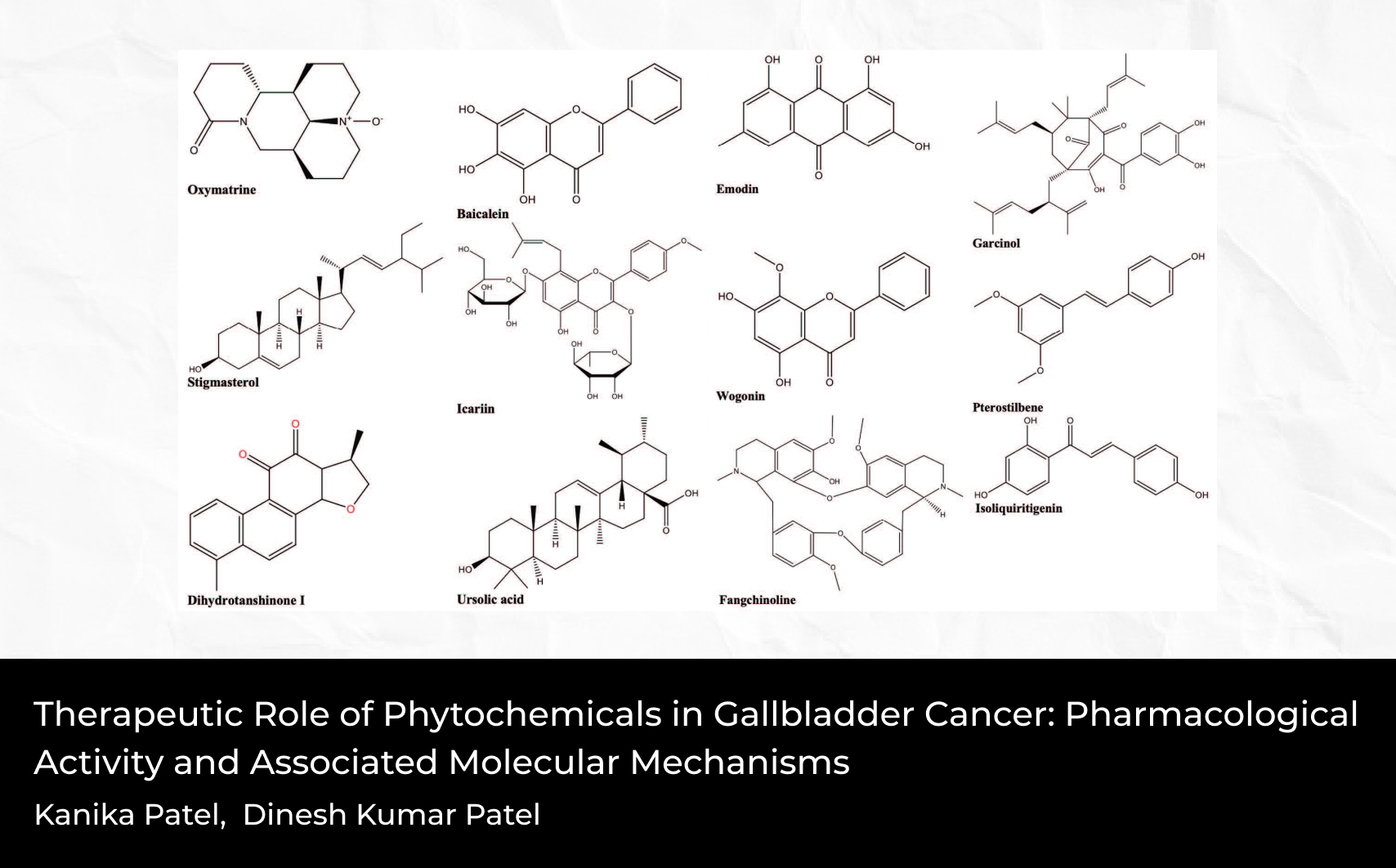
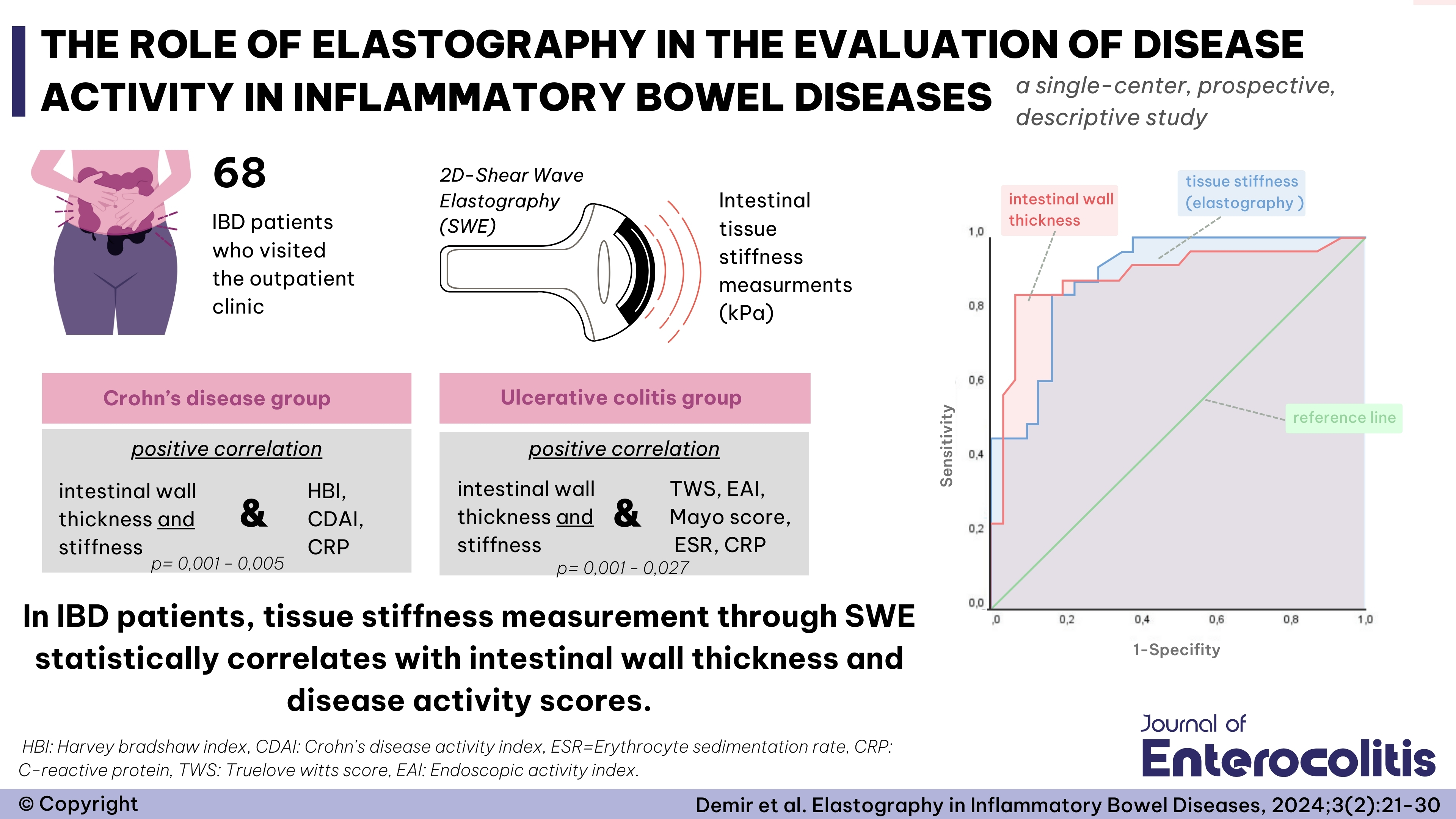
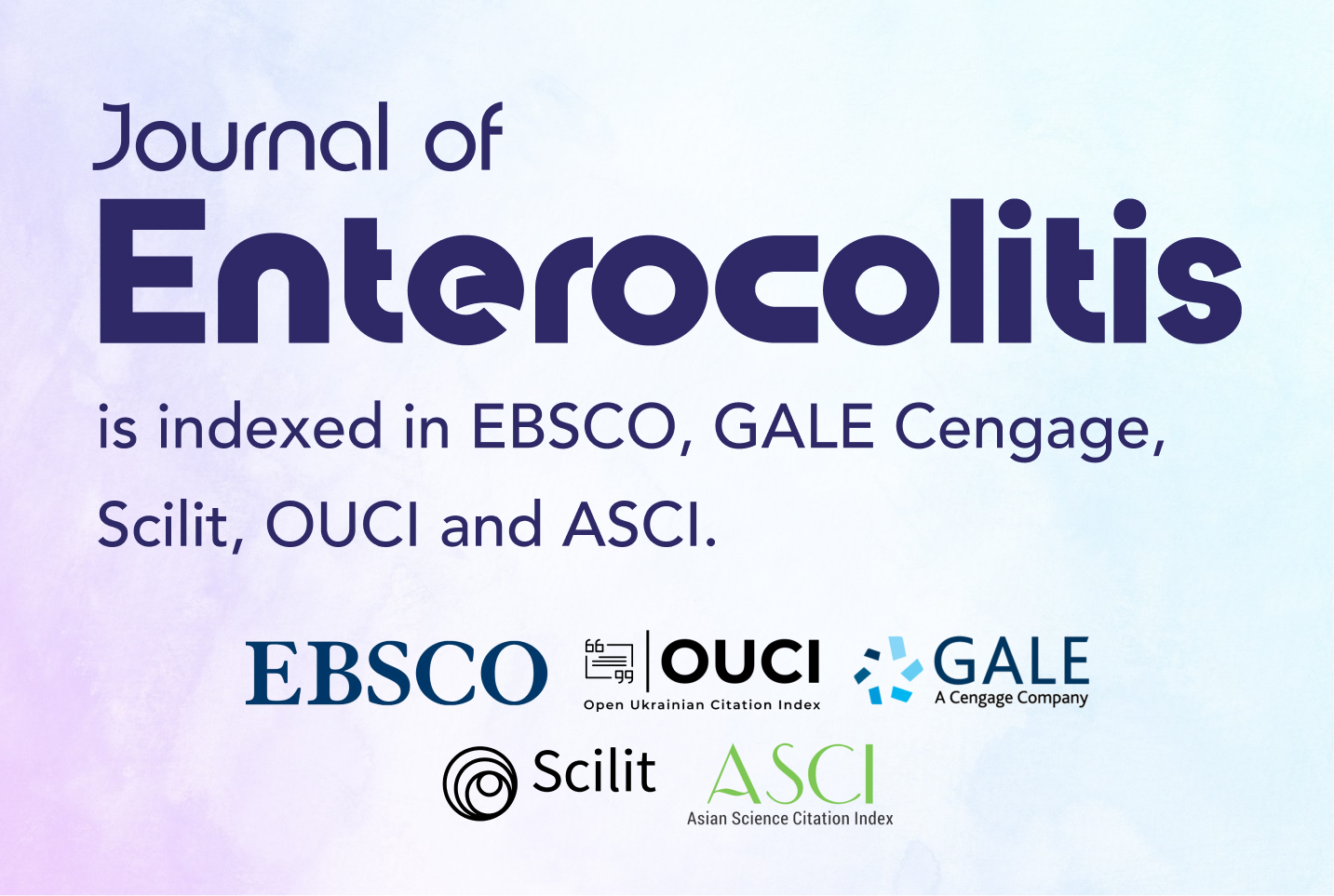
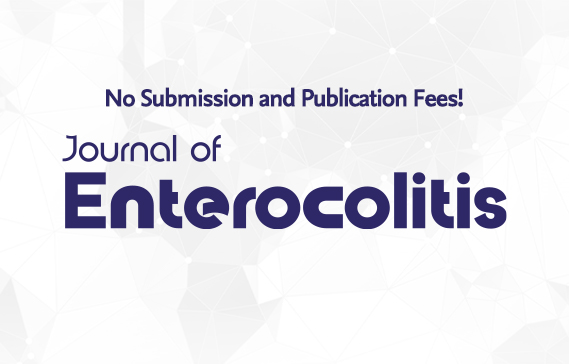
 Adem Sarıca1
Adem Sarıca1 






